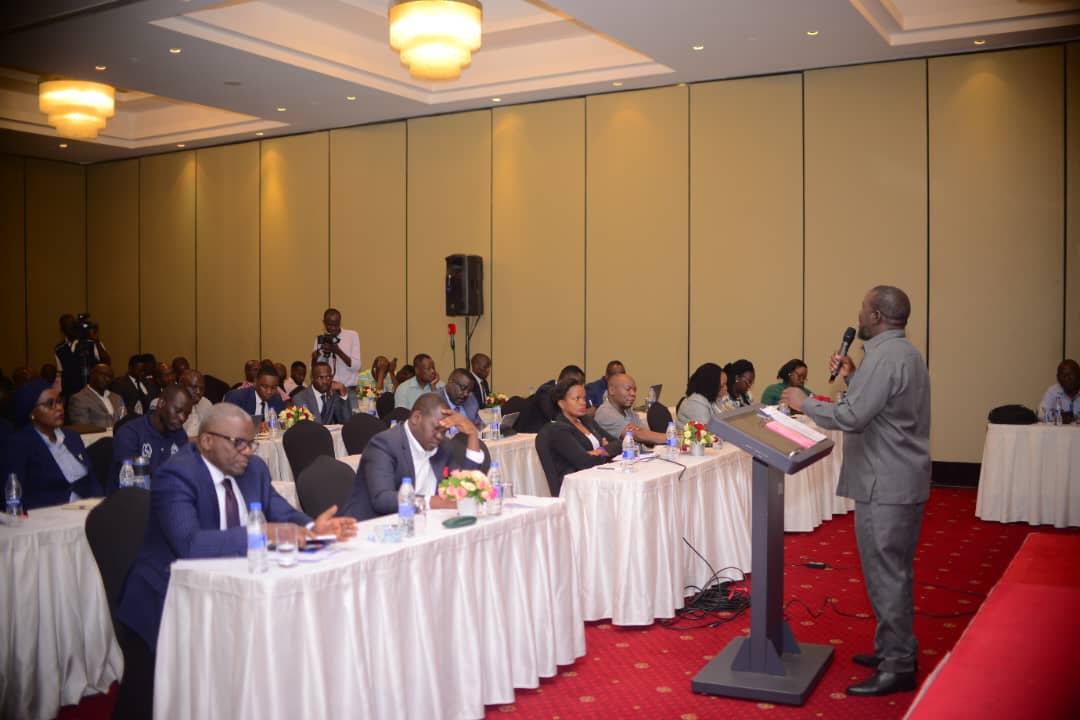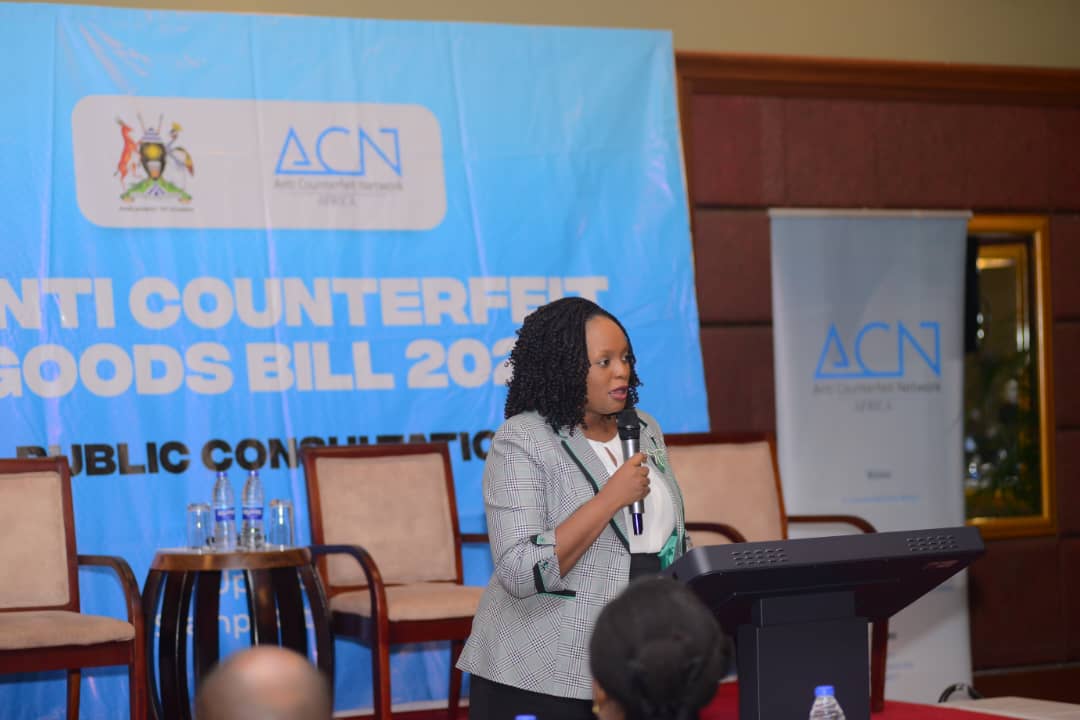
KAMPALA —The proposed Anti-Counterfeit Goods and Services Bill 2023 will comprehensively address the challenge of trade in counterfeit goods and services, according to the Bugiri Municipality MP Asuman Basalirwa.
According to him, the need for the Anti-Counterfeit Goods and Services law emanated from the fact that although trade in counterfeit and substandard goods is increasing in Uganda, the law is not dynamic.
The proposed legislation has heavy punishment, both custodial and fines for people involved in the trade of counterfeit goods.
“We want to make trade in counterfeit and substandard goods and services a very risky venture for anyone. We want to make it liable for even those who abate the sale/ manufacture of these goods,” said Basalirwa.
He explained that Uganda doesn’t have a single and uniform law that addresses the subject of counterfeit and substandard goods, necessitating the need for a piece of legislation that is unique in addressing counterfeit and substandard goods in definite form.
This, he said during the consultation meeting with private sector players and the Government on the proposed Anti-Counterfeit Goods and Services Bill 2023 at Sheraton Hotel Kampala on recently.
According to Basalirwa, the consumption of counterfeit and substandard goods is one of the factors responsible for the increasing number of cancer cases in the country, with many people unable to afford treatment.
“….and the number of people with cancer keeps on increasing, patients first treat themselves with herbs only to come to Uganda Cancer Institute when it’s already late.”
In July 2023, the House granted leave to Basalirwa, to introduce a Private Member’s Bill entitled, “The Anti-Counterfeit Goods and Services Bill, 2023”. The proposed law seeks to ban counterfeit goods that infringe on intellectual property rights, focusing on copyrights and trademarks.

It also introduces penalties for trading in counterfeit products and grants authority for confiscation to the Uganda Revenue Authority and inspectors from the Uganda National Bureau of Standards.
Quoting data from the Economic Policy Research Centre (EPRC), Agnes Ssali the Legal Director at Uganda Breweries said that close to forty percent of Ugandan businesses felt that they suffered due to unfair competition from counterfeiting and cheap substandard products.
She said counterfeit products and services create an unfair playing field for legitimate alcohol players since those involved do not pay taxes or have to comply with prescribed legal standards.
“This regulatory imbalance threatens legal investors and could ultimately drive them away to countries that are more protective of legitimate investments. The alcohol industry has been no exception as a Euromonitor Study which was conducted in 2021 analyzing the trade in illicit alcohol in Uganda, placed market penetration of illicit alcohol at 65%,” said Ssali.
In terms of fiscal loss in terms of tax leakages from illicit alcohol is estimated to be USD 458 million (UGX 1.724 Trillion) in unpaid tax revenues annually.
“Illicit trade in the country also threatens the livelihoods of the over 1.3 million Ugandans who are currently employed by the Alcohol Sector and the over 6.3 million people who are supported by the sector across the value chain, including manufacturers, grain farmers, distributors, depots, retailers, bars and clubs,” said Ssali.
Fred Muwema, the Chairman of the Anti-Counterfeit Network (ACN) said the challenge of counterfeiting is the biggest threat to human existence, encompassing the challenges that people go through as a result of consumption of counterfeit products.
“As activists, we have been fighting to have this law for the last 15 years in vain. This law will address the challenge of counterfeit and substandard goods and services.”
The Chairman of Kampala City Traders Association (KACITA)Thadeus Musoke said the Government should increase funding towards agencies such as the Uganda National Bureau of Standards (UNBS) to ensure that the products on the market meet the right standards.
“We need to increase budgetary allocations towards these implementing entities such as UNBS and URSB; there are certain officers who are promoting trade in counterfeits through corruption. How will this bill deal with these individuals?”





